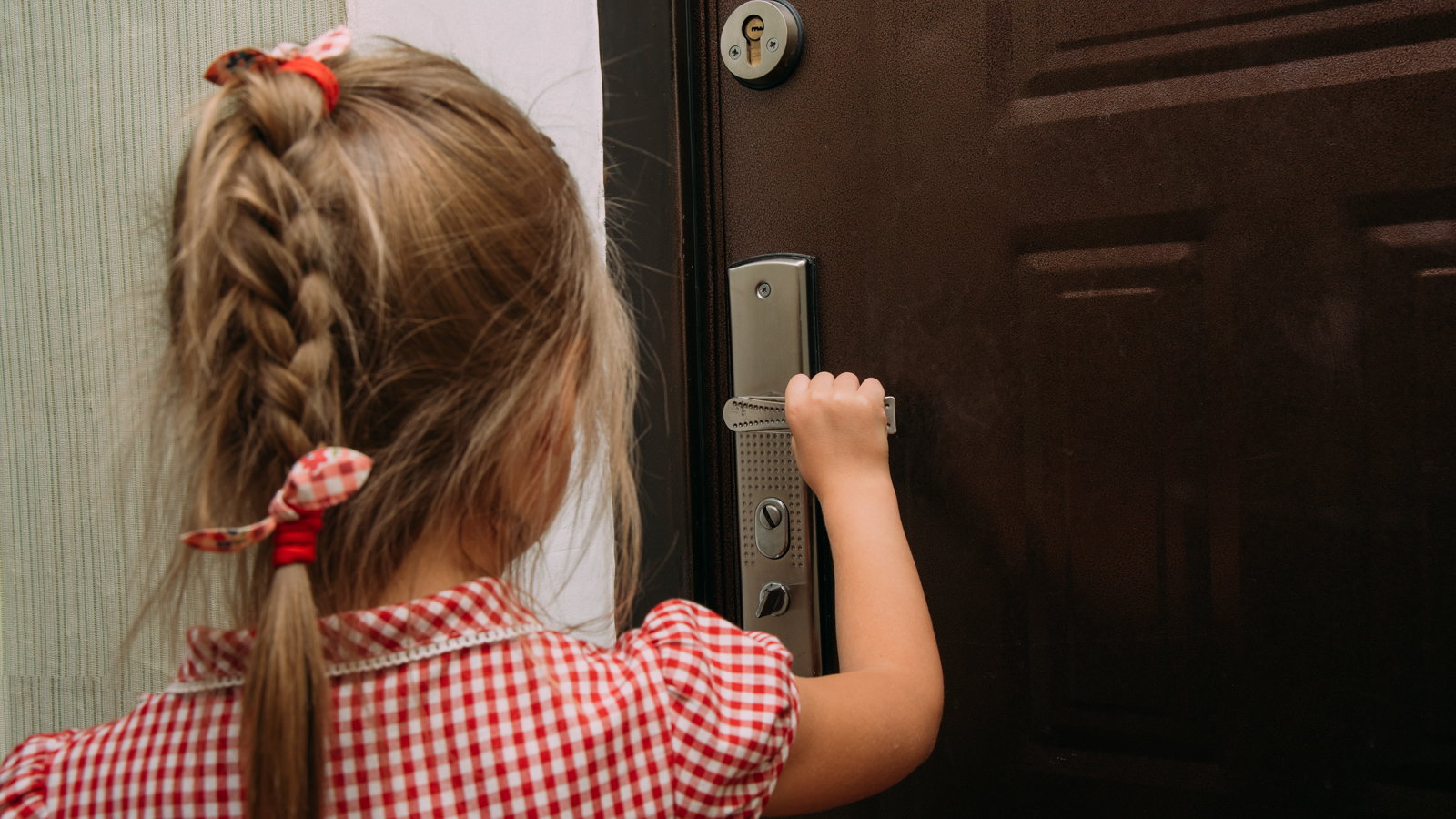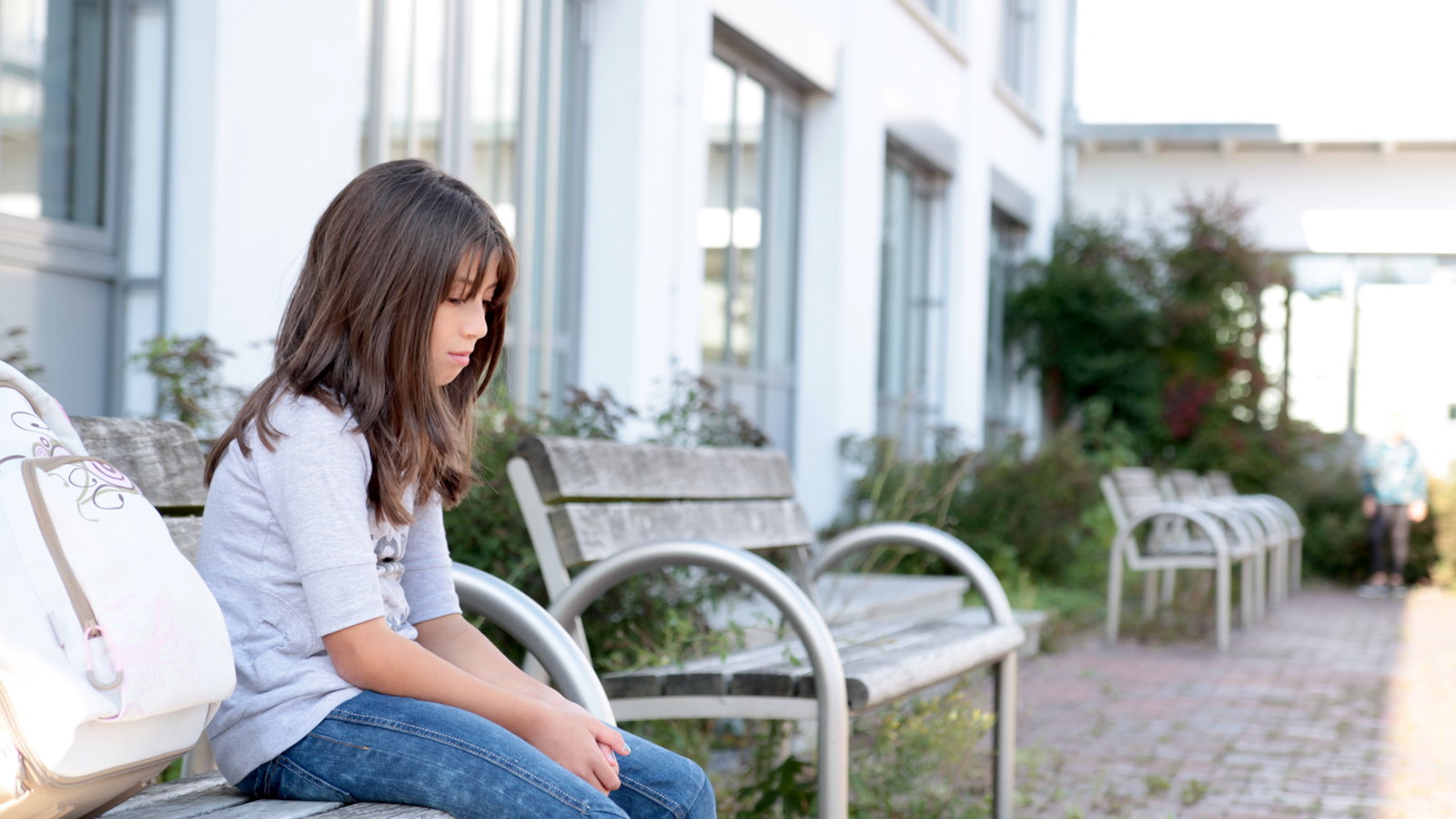
Once you become a parent, a whole new host of fears seem to crop up related to your kids. One of the primary fears that every parent contends with is the nightmare of child abduction. Thousands of kids are kidnapped every year. While 99.8 percent of missing kids are eventually found, some are never found, or worse. The fear of child abduction or having to face a missing child situation can cause significant anxiety for parents.
While most parents teach their kids about "stranger danger," the reality is that many kids are not taken by a stranger but instead are taken by someone they know. In some cases, it can be a relative or family friend.
As a parent, you want to do everything you can to shelter and protect your children from life's evils, but you also have to teach them how to stay out of danger on their own. What can parents do to raise kids' awareness of danger without making them paranoid about leaving the house?

Stay Smart Tips for You
Always know where your kids are - If they're walking home from school, going to a friend's house, or heading to the store - know where they are at all times and tell them to call you if there is a change of plan.
Never leave children alone in a car - even for a short amount of time. Your kids are the most precious thing you'll ever have and even though it may feel like a hassle to get them in and out, especially if they are sleeping, reschedule your errands for another time or take them out of the car when you get out - always.
Institute family procedures for picking up your kids from school, and any other time they need a ride. Remind them not to take rides from teachers, friends, and other parents without telling you first.
Create a password that only you, your kids, and a few close people you trust know. Teach kids to ask for the password if they're ever offered a ride or if plans change when they weren't told beforehand. Make sure your kids know that they should never accept a ride from a stranger or anyone who doesn't know the password. No excuses.
Talk to your kids about what "abduction" and "kidnapping" are. Keep it simple and don't use scare tactics. Do a check-in every few months to make sure they remember what you've been teaching them. Make sure kids are open with you when a stranger approaches them, even if it's casual and seems harmless.
Keep current pictures of your kids on hand. Kids change so much as they grow, especially during younger years, so update pictures every few months. If they have any distinguishing features, birth or body marks, make sure you note that.
Fingerprinting your kids is always a good idea, should the need ever arise for you to use them. Keep them in a place you'll remember.
Stay Smart Tips for Your Kids
Starting as soon as your kids can talk, teach them their full name, their address, your first and last name, and a few important phone numbers.
Teach them how to call for help. Kids as young as two years old have been known to call 9-1-1 for help. Let them know it's also okay to scream loudly for help and to yell "This is not my mother/father" if a stranger tries to grab them or makes them feel unsafe.
Make sure kids know to never leave the house without your permission. Younger kids should be supervised at all times, in a safe, enclosed place where you are near and have them in view. If you're not there, make sure another responsible adult is.
Establish agreed-to routes for places your kids want to go by themselves, once they are old enough. No shortcuts, stops, or new routes without your agreement. Take a trial run together to time how long it takes them so you know when to expect them to walk in the door.
If your kids are home alone, teach them to never open the door to a stranger, not even a police officer. In fact, if a police officer shows up unexpectedly, kids can call 911 to check if it's legit.
Identify homes of friends and trusted neighbors or other secure locations along kids' routes; these are places they can go if they are followed or run into other trouble and need help.

